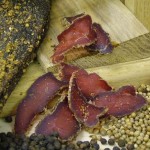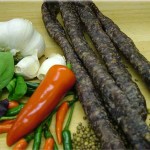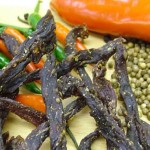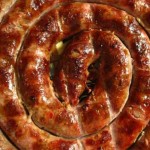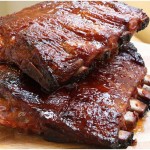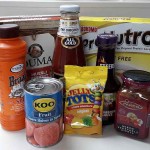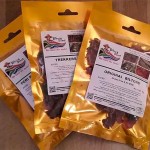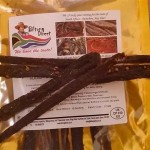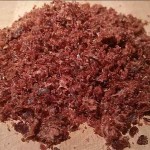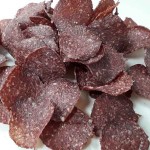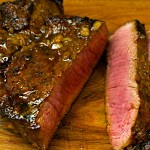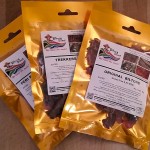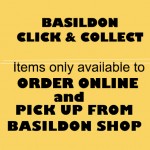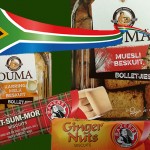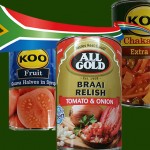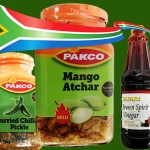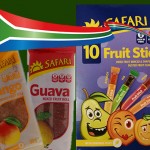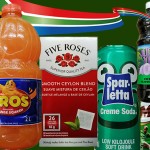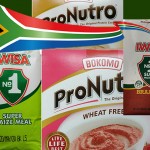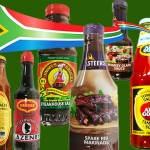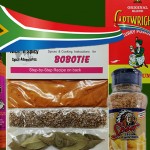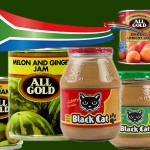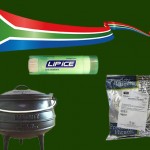THE ISSUES WITH SALT & SUGAR
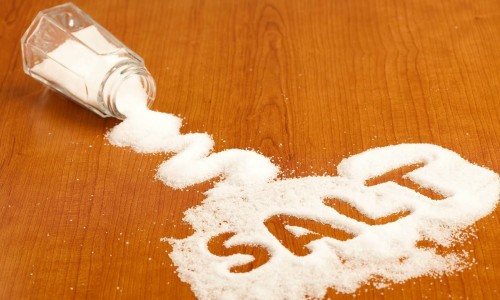
Salt is a 'hot' topic.... in the media, in our factory and in our shops; amongst the boffs and ordinary people. How much salt is too much? How do you know that what is salty to you is salty to others? The general consensus is that if you are used to shaking salt liberally onto your food prior to tasting it, then less salty food will taste bland to you, whereas for somebody who adds salt during cooking, it should not be necessary to add any salt before tucking into your meal. So it is about how you were raised and your habits, whether food tastes salty to you.
The conundrum becomes a bit more complicated when you consider products that rely on salt to preserve them. Think of bacon for a moment.... yes I know a grilled bacon sandwich would be great right now! If you buy the same bacon from the supermarket, you will find, once in a while, that a packet tastes particularly salty. It is the same with Biltong and other preserved or dried meat products. Although we use the same recipe and follow it to the letter for every batch of product, the end result is that no two slices of biltong will taste the same to every person who eats it.
Your palate may be particularly sensitive to salt or you may feel that even more salt needs to be added. As we cannot know in advance who is buying our products, we keep the amount of salt in our meats exactly the same. The amount is calculated by the weight of the meat being spiced, according to a very strictly applied recipe. Drastically reducing the salt content would eventually result in a meat product that is unsafe and cannot be kept for more than a couple of days.
Salt is not all bad though .... According to some sources, a human body needs a teaspoon of salt a day. It is the one electrolyte that maintains the balance of fluids in your body and allows it to function correctly. As you know, that bacon sandwich will leave you feeling thirsty and water is the only way to balance the system again. So enjoy your biltong, as it gives you a protein boost at the same time, which cannot be said for all other salted snack food. Remember to have that extra glass of water too.

Various well-known doctors have published their view that it is not fat that is dangerous for your health as much as sugar and carbohydrates. Carbs and sugar are the latest demomns and very likely with good reason. Health issues like Diabetes necessitate the reduction or total annhialation from your diet of all sweet foods and sugars. Weight gain is definitely an issue with thos who love sweet goodies.
So, we are often asked about the sugar content of our biltong. As well as sweetening, sugar has a tenderising effect on meat when drying. So sugar is part of the recipe for Biltong. BUT, and it is a big BUT... the amount we use is very small. It is a minor ingredient in our spice blends. It is a small component of the final mix of ingredients and when distributed through an entire batch of more than 10Kgs of meat, becomes a trace in the end product. If even a trace is too much for you, we can, under certain circumstances, make a specail batch for you with no sugar at all - you may just need to wait a few extra days and chew a bit harder!

